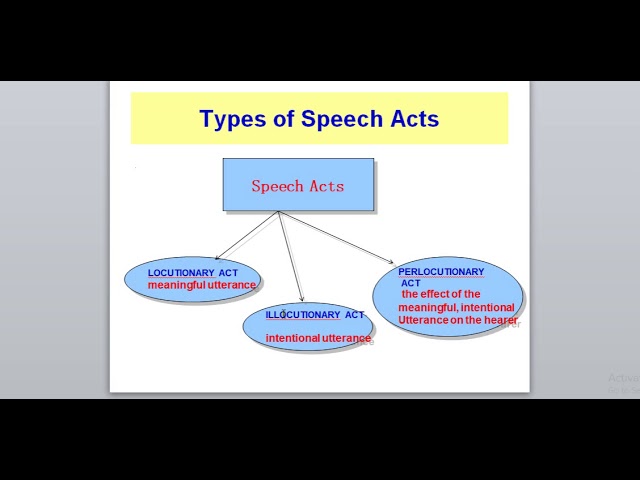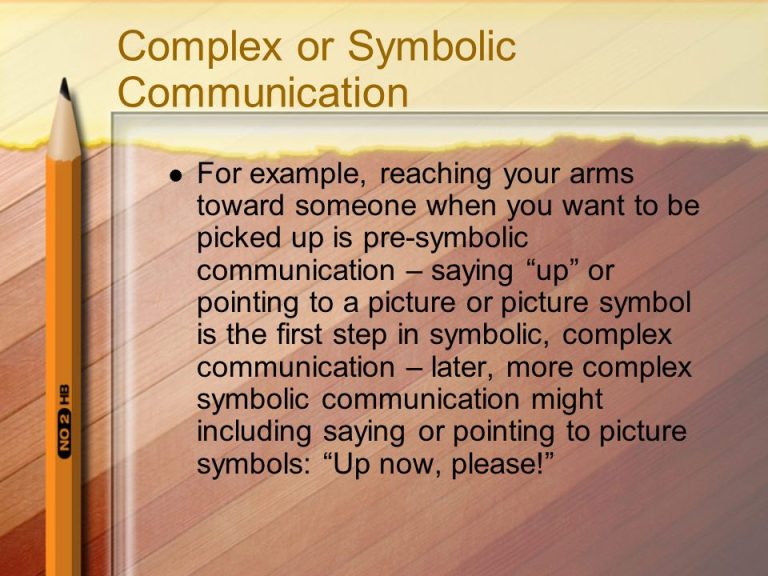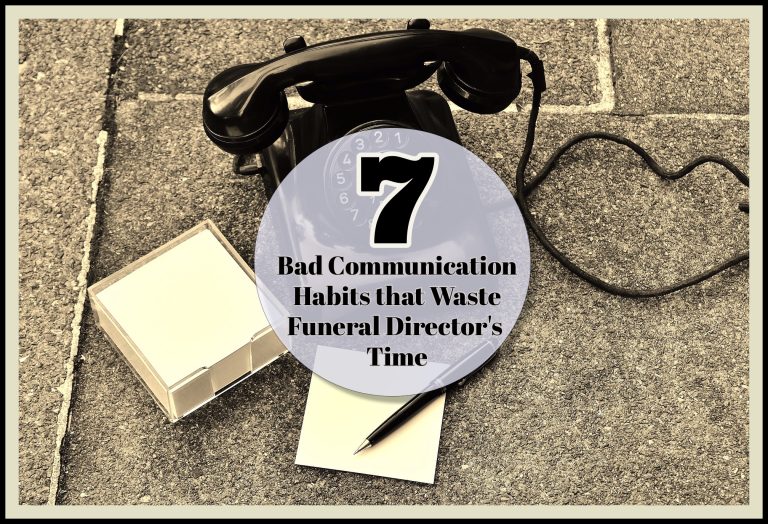4 Stages to Master Communication Skills | Insights from Vinh Giang
Mastering communication is a journey, one often punctuated by incremental growth stages, each critical to achieving proficiency. Vinh Giang, an accomplished communication coach and motivational speaker, breaks this journey down into four distinct stages: unconscious incompetence, conscious incompetence, conscious competence, and unconscious competence. Understanding these stages can help you methodically and confidently progress toward communication mastery, turning your practice into a powerful, second-nature skill set. Let’s dive into these four stages with actionable steps to guide you.
1. Stage One: Unconscious Incompetence — “You Don’t Know What You Don’t Know”
In this first stage, often called “unconscious incompetence,” you are unaware of the nuances you lack in your communication skills. You simply don’t know what you’re doing wrong because you haven’t started consciously assessing or training these skills.
Recognizing Unconscious Incompetence
If you’ve never taken a communication class or thought about improving your public speaking, you’re likely in this stage. Many people go through life never realizing their weak points in communication, remaining blissfully unaware of the areas they could improve.
Practical Steps to Advance from Stage One
- Self-Reflection: Start with honest self-reflection. Record yourself speaking on a topic, then review it critically.
- Take a Communication Class: Signing up for a communication course is an excellent way to start learning the basics.
- Seek Feedback: Ask friends, family, or colleagues to provide feedback on your speaking style. This can be an eye-opener and push you to the next stage.
2. Stage Two: Conscious Incompetence — Awareness of What You Lack
In the second stage, you become aware of your communication shortcomings. This is the “conscious incompetence” phase, where you’re now aware of what you don’t know. You might recognize that your hand gestures feel unnatural or that your voice lacks variety. Here, you begin to see what needs improvement, and the learning process officially begins.
Embracing Conscious Incompetence
At this stage, while it can feel disheartening to see the gaps in your abilities, it’s also an exciting opportunity. You are now aware and can actively work on your skills.
Practical Steps to Improve in Stage Two
- Identify Specific Skills to Improve: Note the areas where you struggle the most—gestures, vocal tone, eye contact, or pacing.
- Practice with Intent: Work on each area individually, focusing on one element at a time. For example, practice varying your voice’s pitch and tone to make your delivery more engaging.
- Review Your Progress: Record yourself regularly and watch the recordings to see how your skills are evolving.
3. Stage Three: Conscious Competence — Mastery through Deliberate Practice
As you practice and apply what you’ve learned, you’ll enter the stage of “conscious competence.” Here, you’re able to communicate more effectively, but it still requires effort and conscious thought. For instance, you might actively think about pausing, adjusting your tone, or using hand gestures while speaking.
Examples of Conscious Competence
Think about learning to drive for the first time. You were aware of every step—checking mirrors, adjusting your seat, fastening your seatbelt. Similarly, in communication, you’re actively applying each skill but are still very much aware of each one.
Practical Steps to Enhance Conscious Competence
- Rehearse Regularly: To solidify these skills, practice as often as possible. Whether through public speaking clubs, online forums, or simply talking with friends, repetition is key.
- Seek Constructive Criticism: Feedback at this stage is invaluable. Friends or colleagues can help identify aspects that may still feel forced or unnatural.
- Fine-Tune Specific Areas: Focus on polishing each skill, such as perfecting your body language or finding the right balance between loudness and softness in your voice.
4. Stage Four: Unconscious Competence — Communication Mastery
The final and most rewarding stage is “unconscious competence,” where your communication skills become second nature. Just like an experienced driver no longer thinks about every action behind the wheel, a master communicator no longer has to consciously think about every gesture or intonation. It becomes part of who you are.
Living in Unconscious Competence
At this stage, your communication skills will flow naturally. You’ll be able to switch gears effortlessly, adjusting your tone and style to suit any situation without having to think about it. Giang calls this the “flow state,” where you’re fully immersed and performing at your best without any conscious effort.
Practical Steps to Achieve and Maintain Unconscious Competence
- Make Practice a Daily Habit: Communication mastery requires continuous practice, but remember, every conversation is an opportunity to refine your skills.
- Develop Versatility in Speaking Styles: Learn to adapt to different settings. For instance, you might need a formal tone for business settings, but a conversational tone when speaking with friends.
- Balance and Calibration: Not every conversation requires maximum intensity. Giang reminds us that “the goal is not to perform all the time but to have the ability to turn it on when needed.” Recognize when to be fully engaged and when to relax your approach.
Tips for Practicing Communication Skills Daily
You may wonder, “How do I practice if I don’t have anyone to speak with?” Vinh Giang emphasizes that practice can happen anytime you open your mouth. Here are a few suggestions:
- Practice Alone: Set aside a few minutes daily to speak aloud, practicing specific aspects like pacing or tone.
- Imitate Great Communicators: Watch videos of communicators you admire. Study their gestures, tone, and engagement levels, then try to imitate those elements.
- Role Play: Imagine different scenarios where you need to use various tones or styles. Practicing these “gears” will prepare you to switch styles effortlessly in real-life conversations.
The Power of Consistency in Communication Practice
The journey to communication mastery is one of dedication and consistency. As Giang puts it, mastery is achieved by “repetition, repetition, repetition.” Repeating the basics helps engrain these skills until they are as natural as walking.
Final Thoughts: Communication Mastery and Luck
The famous saying, “Luck is when preparation meets opportunity,” holds especially true for communication skills. Preparation—by working through each of these stages—ensures that when an opportunity arises to showcase your skills, you’ll be ready.
Mastering communication skills is a lifelong journey. With each stage, you’ll not only build your skills but also your confidence, opening doors to opportunities you may never have thought possible. So, start today, embrace each stage with patience, and step into a future where your words become one of your greatest strengths.




